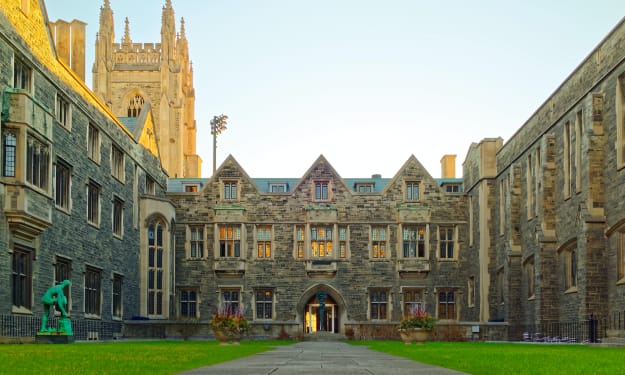
A federal work-study program should be considered by students who require any additional cash to help pay for school-related and other expenses. Colleges offer a variety of campus part-time work-study positions and certain off-campus jobs also. We have built this guide to help students understand how federal work-study systems run, from getting a career to anticipated compensation to professional insight into the whole process of work-study. Keep reading to learn more about how to start a work-study job landing process.
What is Work Study?
Federal work-study programs are federally funded hourly positions available by the details given by students on the FAFSA to students with proven financial need. While the colleges and universities in which students are enrolled usually offer jobs, they may often be with local, state, and federal governments or private non-profit and for-profit organizations. Examples of the above include working at an elementary school as a mathematics or reading teacher or as a literacy tutor at a state-run educational center in a community-wide literacy initiative. The US Department of Education states that all off-campus work-study jobs would promote public interests.
Work-study positions are intended to offer ways for students to gain a salary while completing college without impacting their federal aid and eligibility for their earnings. In the federal work-study initiative, more than 3,400 colleges and universities enroll.
How Work Study Jobs Work?
Because work-study is part of the curriculum for student loans, you cannot apply for it independently. It is part of the federal financial assistance eligibility process, and it is focused on need.
To qualify for financial assistance for education, career training, or graduate school, you can use the Online Application for Federal Student Aid form. Choose “yes” when you answer the question, “Do you want to be considered for work study?” while filling out the questionnaire.
When you receive the award package from the school you are attending; you will be informed about financial aid. You will apply for jobs at your school after you check the work-study is part of the financial aid plan, usually through the student employment office.
Getting Paid
Much as normal workers, students who land work-study jobs are compensated by their employers. There are a few things about compensation through jobs-study work that can though be made clear.
In their financial assistance plan, the amount students receive in an academic year does not surpass the number of funds they have been awarded by job research.
Since the earnings of the work-study must be reported on the FAFSA for the following year, they do not count against the eligibility of a student’s financial aid. Wages of the job sample are recorded as “taxable earnings from employment programs based on need and excluded from gross earnings.
Students will collect a W2 from their boss, but their wages from work-study must be reported for that year on a federal tax return.
Work-study wages should not be lower than the minimum federal income. For some job-study vacancies and for doctoral students who occupy work-study positions, certain universities pay higher.
Work-study job earnings are not added to the tuition of a student; students are free to spend their earnings at their discretion.
Pros and Cons of Choosing a Work-Study Job and a Part-Time Job
The two kinds of work have merits. There is normally a small range of job-study opportunities available from every college or university. However, when it comes to pursuing part-time jobs, off-campus students seeking opportunities outside of work-study positions have almost infinite possibilities.
But work-study jobs are also specifically related to the major of a student because through their work-study positions, students can gain real-world experience.
The work-study program is perfect, and it gives you the ability to see what you can go to school for, which is what you actually want to do with your life. In real-life job scenarios, you get to practice the lessons you are learning.
A big downside to getting a part-time career is that earnings could theoretically impair their eligibility for federal student assistance.
Student earnings are limited to their reward number of work-study, and those earnings on the FAFSA for the following year are exempted.
Finally, certain employers will not be prepared to work around the school schedule of a pupil, either, something to which campus employers are generally far more amenable.
Work study can be an ideal way to support your resume when collecting the cash you need to afford college life, most notably. Even after you graduate, before beginning your career, you will need to get imaginative with handling expenses. For many young adults, paying off student debt with an entry-level income will be difficult. Who does not like less debt and more job experience when you look for life after graduation?





Comments
There are no comments for this story
Be the first to respond and start the conversation.